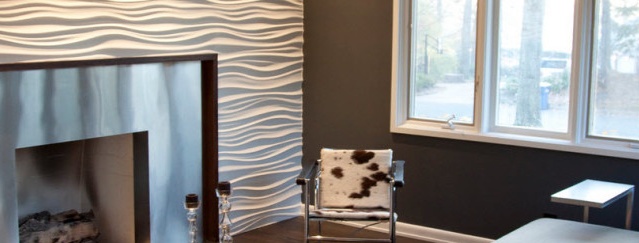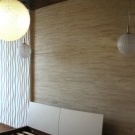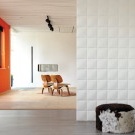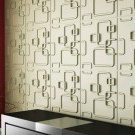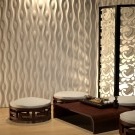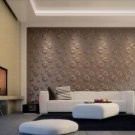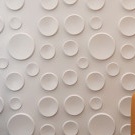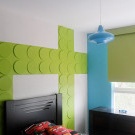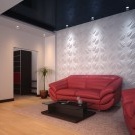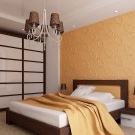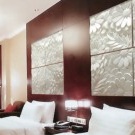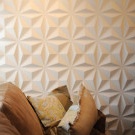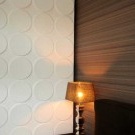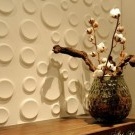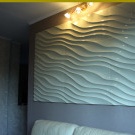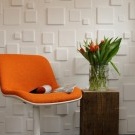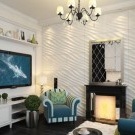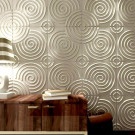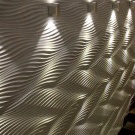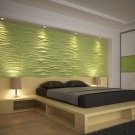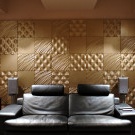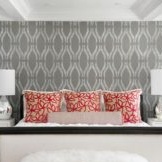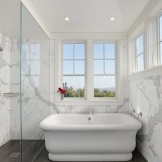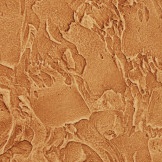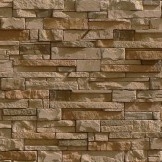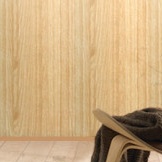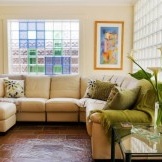Embossed 3D panels for walls: installation and photo in the interior
Technologists and designers are not tired of releasing new products that impress consumers with their appearance and more advanced properties. Technology 3d is the hallmark of the last century. She significantly changed the idea of the world of cinema, allows you to enjoy innovations stretch ceilings and bulk floors with this effect. The line reached the wall panels.
- simple installation, the possibility of use on uneven surfaces;
- moisture resistance;
- resistance to abrasion;
- sound absorption;
- unusual decorative effect;
- light weight, easy to transport.
And it is noteworthy that these panels with a 3D effect are produced in an assortment that can satisfy the requirements of almost any consumer. This is not to say that the relief paintings on the walls are a new phenomenon. Already been used for some time and textured plasters and paints. But, here are the whole poster panels - so far the novelty.
From the stand panels, you can make a room delimiter - a partition, or use it only to design one wall, thereby focusing on a specific area of the room.
What are the 3D panels
The panel has the structure:
- the base, which is for MDF boards or plywood, or any other similar material;
- relief layer, which creates a pattern with recesses. As a material, gypsum, aluminum, wood and others can be used to perform the texture;
- decorative reinforcing layer. On the front side, relief patterns are processed in several layers with high-quality enamel, PVC film, and sometimes veneer or leather.
Additionally, embossed patterns can be equipped with special effects that mimic metal, or fluoresce. These panels are striking in their variety of textures, which further expands their scope. Such poster panels can be used not only for wall decoration, and the ceiling and even for furniture or other decorative elements.
Installation of 3D wall panels
When designing poster panels, you should consider lighting. Skillful placement of lighting devices will enhance the effect of 3d. For the installation of stand panels with a textured surface does not require special surface treatment. It can be a wall of brick, wood, concrete or drywall. If the walls have a flat surface, then the stand panels can be fixed using an adhesive base, or special mounting plates and corners. If there is an uneven wall, then you can use a metal profile, the application of which will form a small gap between the wall and the panel.

